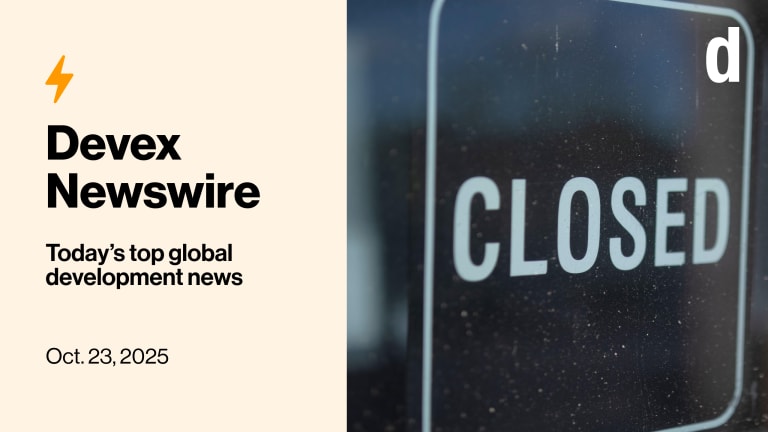Investors avoid looking at their financial portfolios when the stock market falls. People at risk of health conditions neglect to take medical tests even when they are free. Voters avoid hearing opposing arguments — though it could help them make better decisions at the ballot box.
Such decision-making is a new field of behavioral science called “information avoidance” and it is being explored by George Loewenstein, the Herbert A. Simon Professor of Economics and Psychology at Carnegie Mellon University.
Loewenstein’s work posits people sometimes avoid information even when it is free and could improve their decision-making. This goes against traditional economic theory which holds information is sought when it can improve a person’s decision-making, and only avoided in a situations where a person is materially better off not knowing something.








